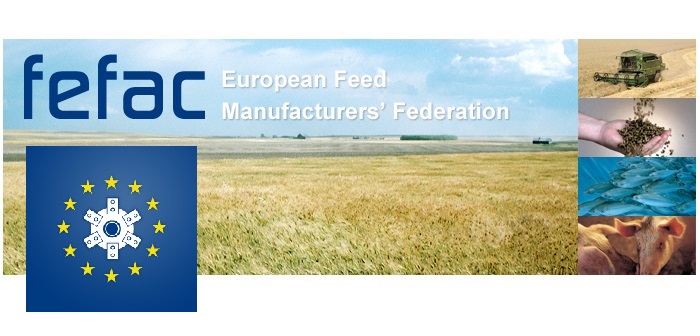Europe’s animal feed suppliers are willing to look at everything from insects to algae in their search for sustainable feed sources according to FEFAC, the European Feed Manufacturers’ Federation.
“When it comes to producing feed for food-producing animals, sourcing proteins is by far the biggest sustainability challenge,” said FEFAC council member, Alberto Allodi, writing in a blog on the Federation’s website.
“The feed industry continuously explores potential alternative protein sources, always with feed safety as the primary requisite that needs to be complied with.”
Reporting on a recent FEFAC workshop, held in relation to EXPO Milano, Mr Allodi said that about 130 participants, including experts from EFSA, the European Commission and supply chain partners, discussed an extensive list of alternative feed protein sources, assessing the commercially viability of each in turn.
Potential future feeds include insects, algae, protein sources of vegetable and marine origin and single cell protein like yeasts.
He also reported that while pea concentrate and seaweed showed “encouraging short term results” as vegetable protein sources when it comes to nutritional value, yield and carbon foot print, there was also a case for EU soya. The point made, in fact, was that, in the long run, the most promising economic alternative to imported soya could be soya produced in the EU.




